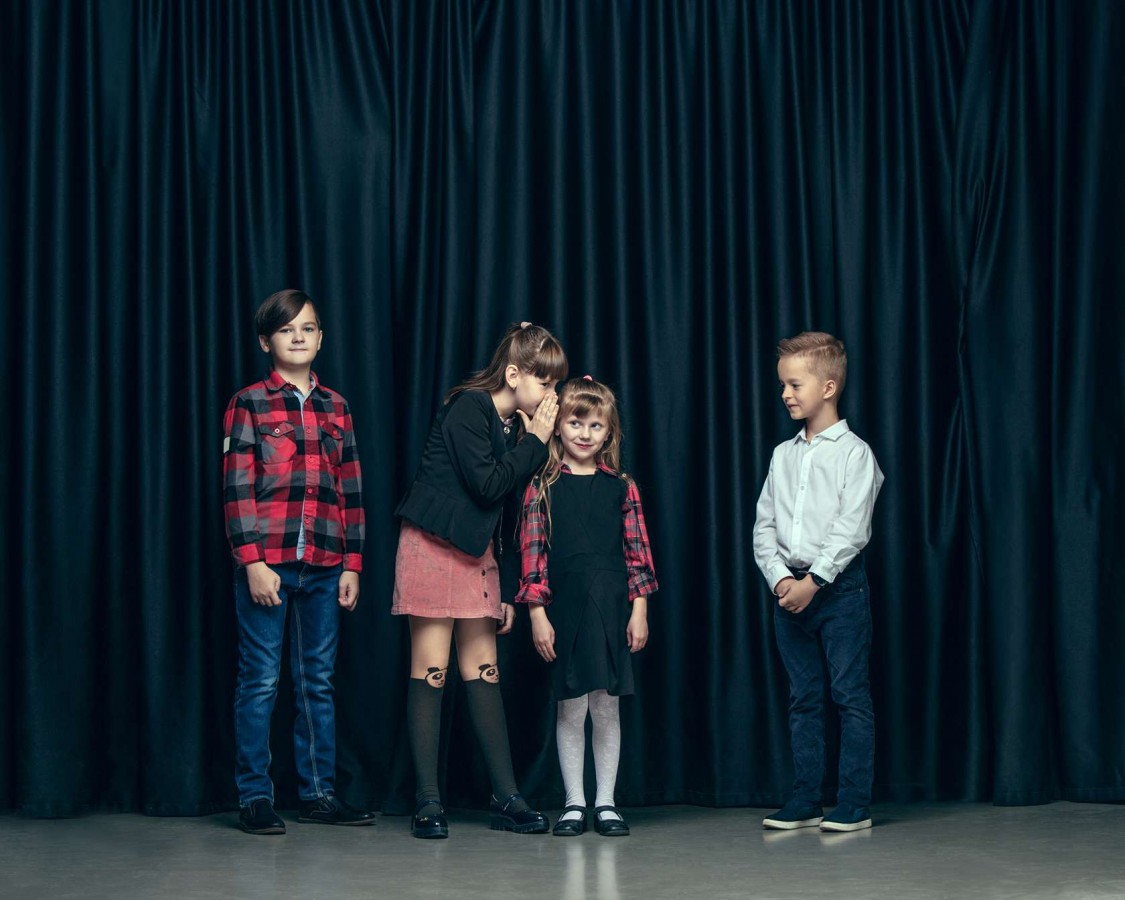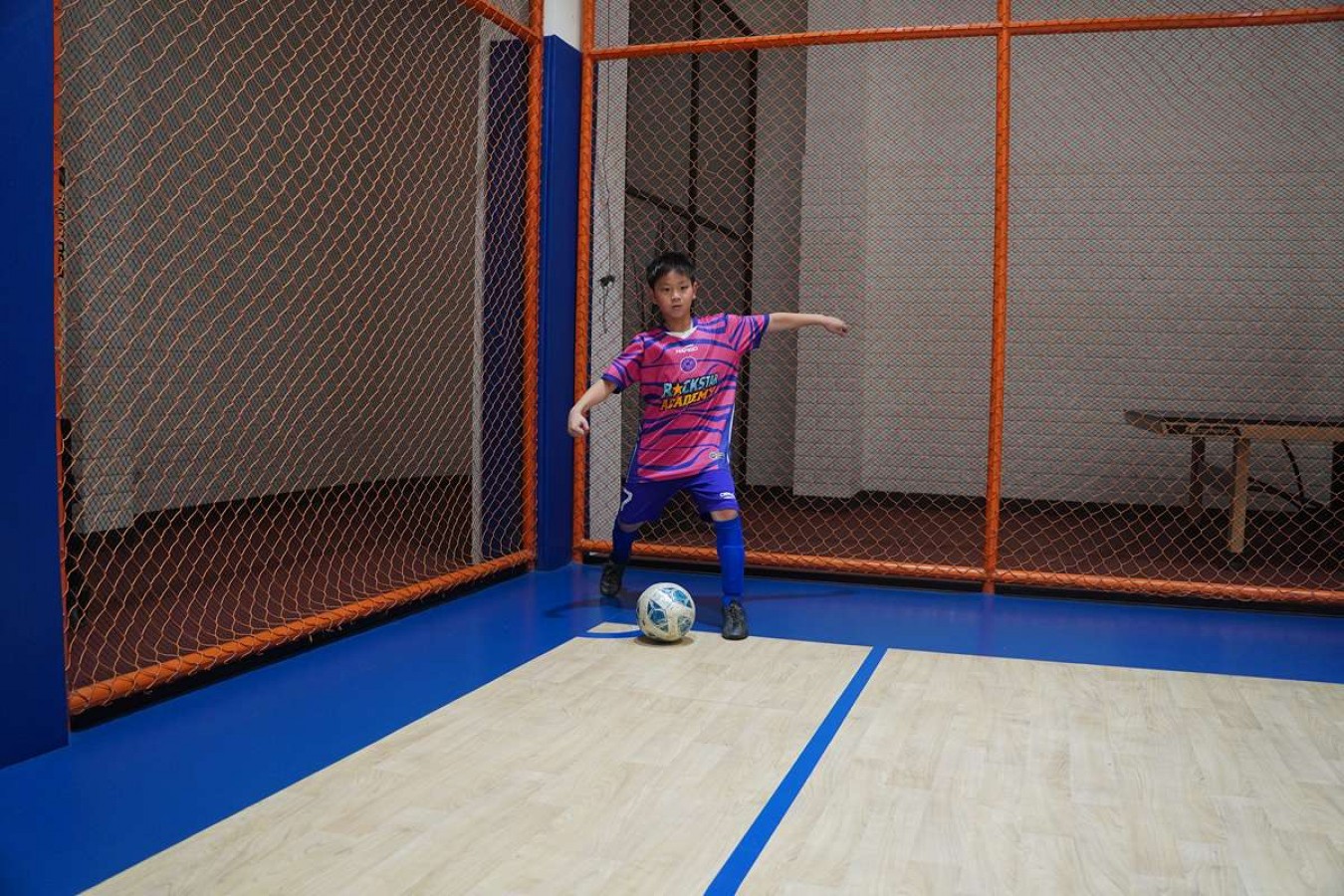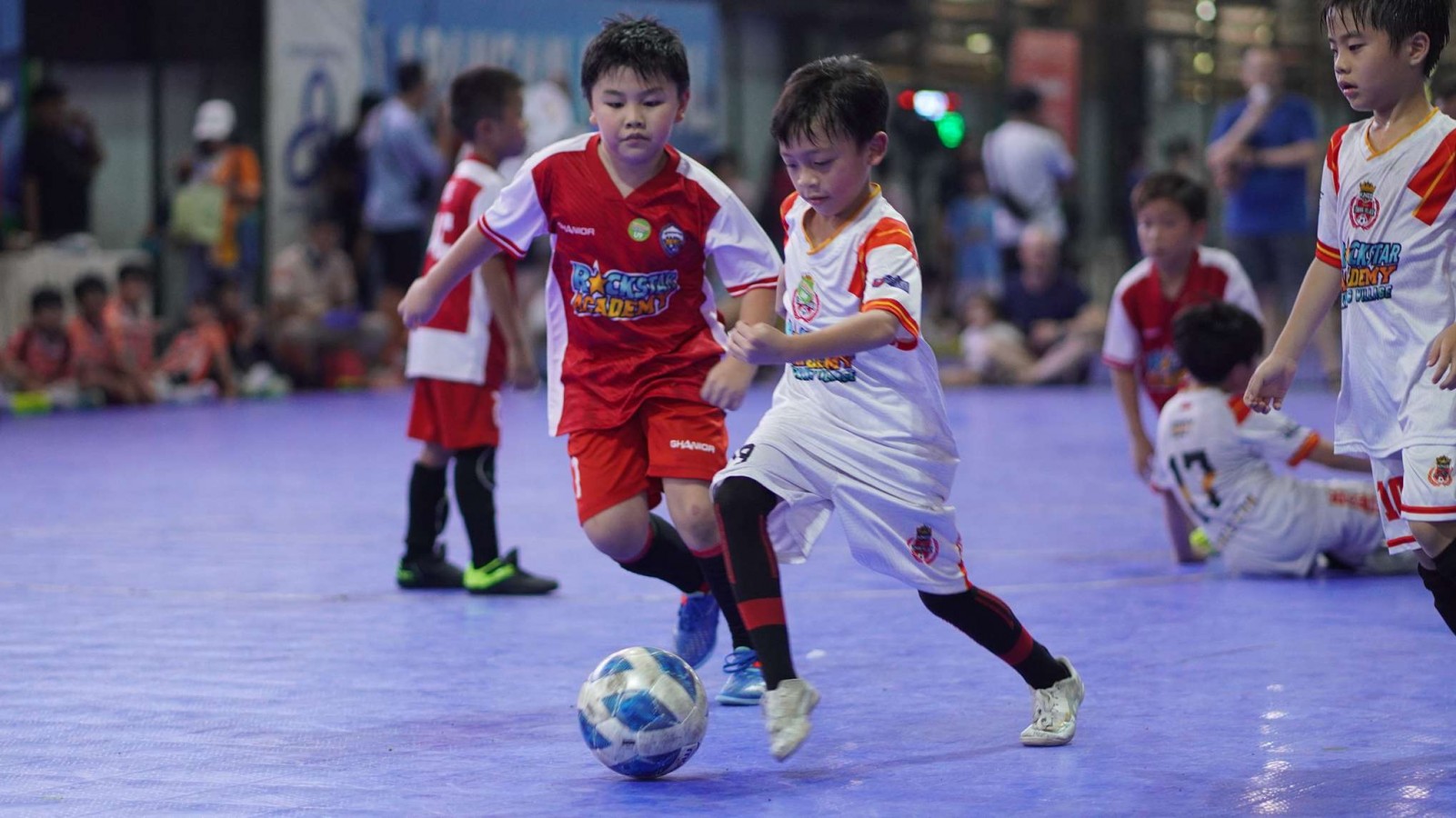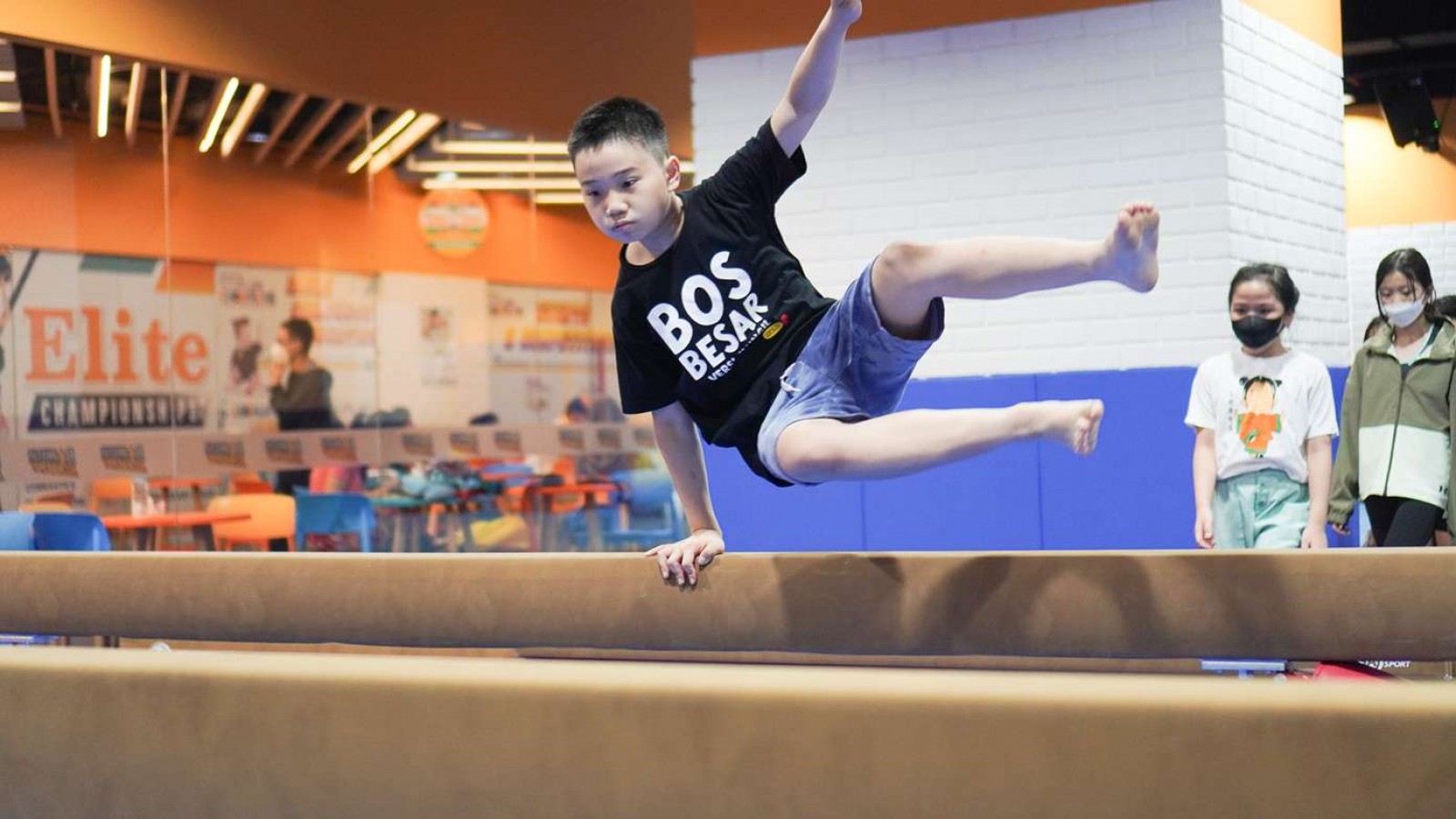Why Is Broadway Program Beneficial for Kids and Teens?

In the fast-paced and technology-driven world of today, parents and educators are continually seeking ways to enhance the overall development of children and teenagers. One avenue that has gained significant attention in recent years is the world of acting.
Participation in acting classes and performances has proven to be highly beneficial for the holistic growth of kids and teens. In this article, we will delve into the various reasons why acting is an enriching and rewarding experience for young individuals.
What is Broadway Class?
Broadway class typically refers to educational programs or workshops that provide training in various aspects of theater and performance, often with a focus on skills relevant to Broadway-style productions.
These classes aim to nurture the talents of aspiring actors, singers, dancers, and other theater professionals, preparing them for potential careers in the entertainment industry.
15 Benefits Children and Teens Can Gain from Broadway Program
As parents, nurturing the holistic development of our children is a top priority. One avenue that has gained recognition for its positive impact on kids and teens is acting. Engaging in theatrical activities offers a host of benefits that extend beyond the stage.
One of the acting styles you can explore is Broadway, which leans more towards musical theater. The Broadway program is part of the Rockstar Academy's Sports & Performing Arts program aimed at honing abilities in character singing, vocalization, acting and dancing. In this section, we explore several advantages that parents can appreciate when their children and teenagers participate in acting:
1. Boosting Confidence and Self-Esteem
Acting provides a platform for kids and teens to showcase their talents and abilities, boosting their confidence and self-esteem as they receive positive feedback from peers and mentors.
2. Enhancing Communication Skills
Through the practice of delivering lines and portraying characters, children develop effective communication skills that prove valuable in academic settings and social interactions.
3. Fostering Empathy and Emotional Intelligence
Acting requires individuals to step into various roles, fostering empathy as kids and teens understand and express the emotions of different characters, contributing to the development of emotional intelligence.
4. Cultivating Creativity and Imagination
The imaginative nature of acting encourages creative thinking and problem-solving skills, providing an outlet for children to explore and express their creativity.
5. Building Teamwork and Collaboration Skills
Being part of a cast teaches kids and teens the importance of teamwork, cooperation, and effective communication. These skills are the transferable ones to various aspects of their lives.
6. Improving Concentration and Discipline
The process of preparing for a role requires focus and discipline, helping children and teens develop concentration skills beneficial for academic pursuits and other activities.
7. Providing a Safe Outlet for Expression
Acting serves as a constructive outlet for children and teenagers to express their emotions, fears, and aspirations in a supportive and safe environment.
8. Nurturing a Lifelong Appreciation for the Arts
Exposure to acting fosters an appreciation for the performing arts, instilling in children and teens a lifelong interest in cultural activities and human expression.
9. Developing Public Speaking Skills
Through stage performances, kids and teens hone their public speaking skills, becoming more comfortable and effective communicators in various situations.
10. Encouraging Risk-Taking and Resilience
Acting involves taking risks and facing challenges, promoting resilience as children learn to overcome obstacles and adapt to different roles and scenarios.
11. Stimulating Cognitive Development
Engaging in acting activities stimulates cognitive development by requiring children to memorize lines, understand character motivations, and think critically about the roles they portray.
12. Promoting Physical Fitness
Dance routines and physical movements involved in acting contribute to overall physical fitness, promoting a healthy lifestyle for kids and teens.
13. Cultivating Time Management Skills
Balancing rehearsals, performances, and academic responsibilities helps children and teens develop effective time management skills that are crucial for success in various areas of life.
14. Encouraging a Sense of Responsibility
Acting roles come with responsibilities, such as memorizing lines, attending rehearsals, and supporting fellow cast members, fostering a sense of responsibility in kids and teens.
15. Building a Supportive Community
Acting provides an opportunity for children and teens to form lasting friendships within a supportive community, promoting a sense of belonging and camaraderie.
Does Your Child Passion In Acting?
The benefits of acting for kids and teens are multifaceted, encompassing personal, social, and cognitive development. From building confidence and communication skills to fostering creativity and empathy, the world of acting provides a comprehensive and enriching experience.
If you're eager to ignite the spark of Broadway magic in your children and set them on a thrilling journey into the world of performing arts, consider enrolling them in the Broadway program at Rockstar Academy. Broadway program is the fusion of singing, acting, and dancing that creates a dynamic and immersive experience for beginners.
Embrace the excitement of Broadway for beginners at Rockstar Academy, where creativity knows no bounds, and the stage becomes a canvas for young talents to shine. Sign up for the free trial class and let the enchanting world of Broadway unfold before your child's eyes!
FAQ
1. What is a Broadway Program?
Broadway refers to a program from Rockstar Academy where singing, acting, and dancing converge to create the ultimate performing arts adventure. It is a program that provides the opportunity for students to express their creativity, expand the imagination, strengthen communication abilities, and cultivate social skills through the use of the performing arts.
2. What age is suitable for a child to start acting?
Children can start exploring acting as early as preschool age, typically around 3 or 4 years old. However, the ideal age to begin formal acting classes may vary, with many programs accepting children around 6 or 7 years old.
3. How can acting benefit my child or teen?
Acting fosters creativity, confidence, and effective communication skills. It helps children and teens develop empathy, emotional intelligence, and the ability to work collaboratively. Acting also provides a platform for self-expression and can boost self-esteem.
4. Are there any prerequisites for enrolling in acting classes?
Most acting classes for kids and teens do not require any prior experience. Enthusiasm, a willingness to learn, and a passion for storytelling are often more important than previous acting experience.



